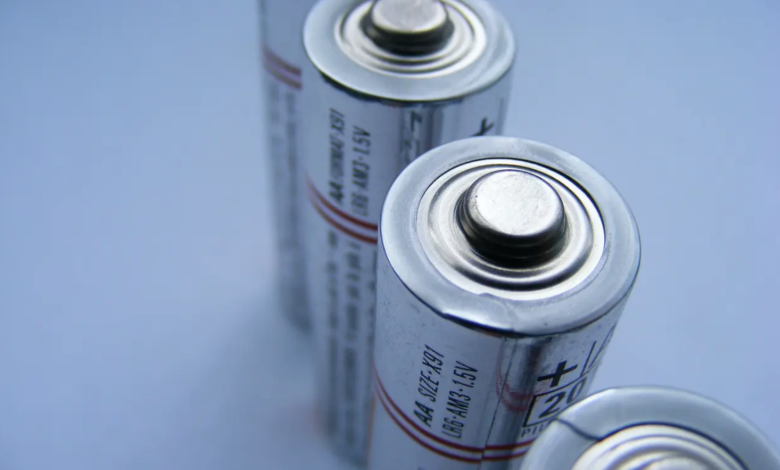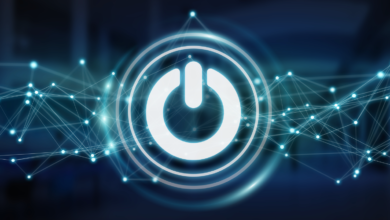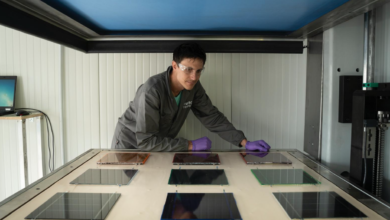Zinc water batteries, the secret of efficiency is a “low-sodium diet”

New advances for zinc water batteries
() – How to make zinc water batteries more efficient and eco-friendly? With a “natural diet and low salt“. The perfect recipe for these devices is found in an international research group led by ETH Zurich. As Fabio Bergamino says on the site of the Federal Polytechnic, the team has devised a new strategy for the design of these rechargeable batteries that can make them more sustainable, safe, fast to charge. And the secret lies in the salt used inside.
How zinc ion batteries work
Zinc batteries (ZIB) are rechargeable devices that employ zinc ions as charge carriers. Born very recently, this technology is still in its infancy but can potentially offer several advantages over the use of lithium. From the natural abundance of the material to a greater volumetric capacity. Today the sector research is divided into two types of electrolytes for ZIB: aqueous and non-aqueous.
The former represent promising systems for grid storage thanks to a high energy density and their non-flammability. On the other hand, however, these units present limitations to trade due to internal reactions adverse to their stability over time. During charge and discharge cycles, in fact, the electrodes undergo the formation of dendrites, tiny irregular and needle-like structures that can cause short circuits. Also with the high-voltage charge, the water molecules of the electrolyte react at the level of the metal anode in zinc, splitting and forming hydrogen. A phenomenon that inevitably leads to a decrease in performance.
From large amounts of toxic salts to precise addition of ecological salts
A solution to these problems exists and has been known for some time. These are the electrolytes “water-in-salt“, that is, they consist of an aqueous solution with a high saline concentration. These elements are able to improve the cyclic stability of the electrodes helping to increase the efficiency of aqueous zinc batteries. Unfortunately, this approach also has disadvantages: the salts used are highly toxic and increase the viscosity of the electrolyte, which in turn reduces the charging speed.
Read also Domestic Zinc batteries, ZincMate aims at European homes
Scientists from ETH Zurich, led by Professor Maria Lukatskaya, worked with colleagues from the United States, Switzerland and Germany to find a solution. The strategy developed and described in the article on Energy & Environmental Science, provides for the use of precise amounts of ecological salts of acetic acid. “With an ideal concentration of acetates, we were able to minimize electrolyte depletion and prevent zinc dendrites just as other scientists have done previously with high concentrations of toxic salts,” explains Dario Gomez Vazquez, researcher in the Lukatskaya group and main author of the study. “In addition, with our approach, the batteries can be charged and discharged much faster”.





